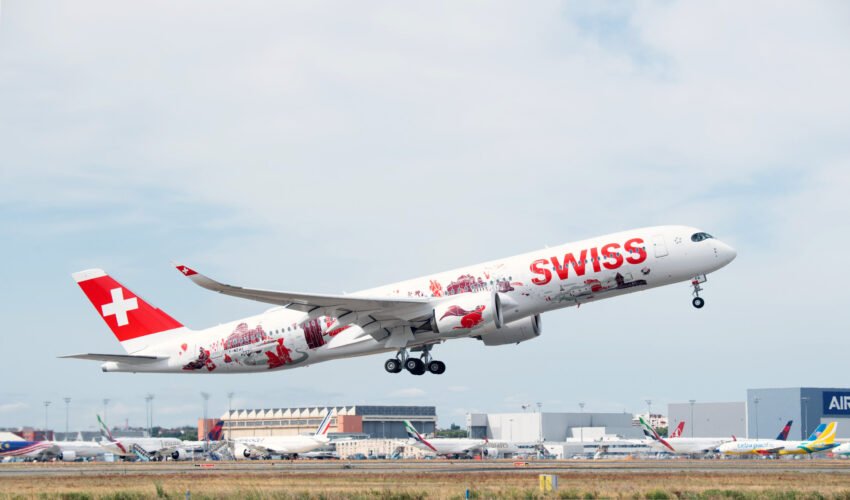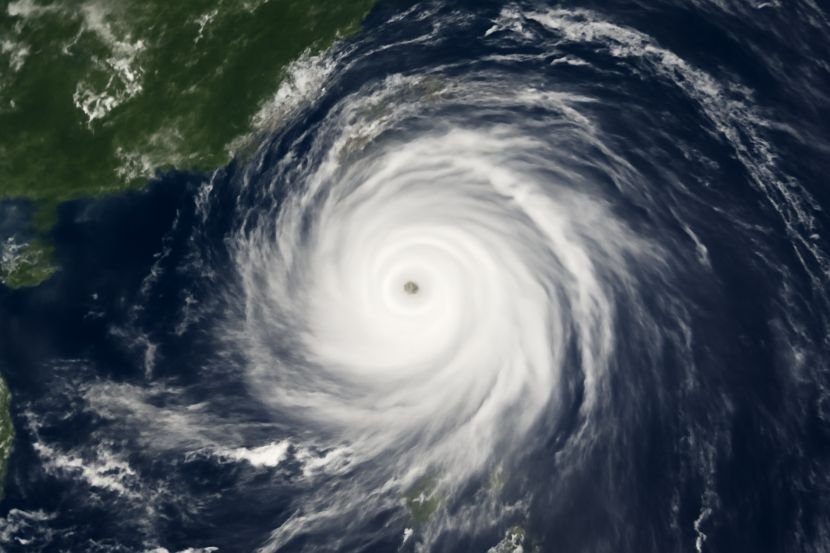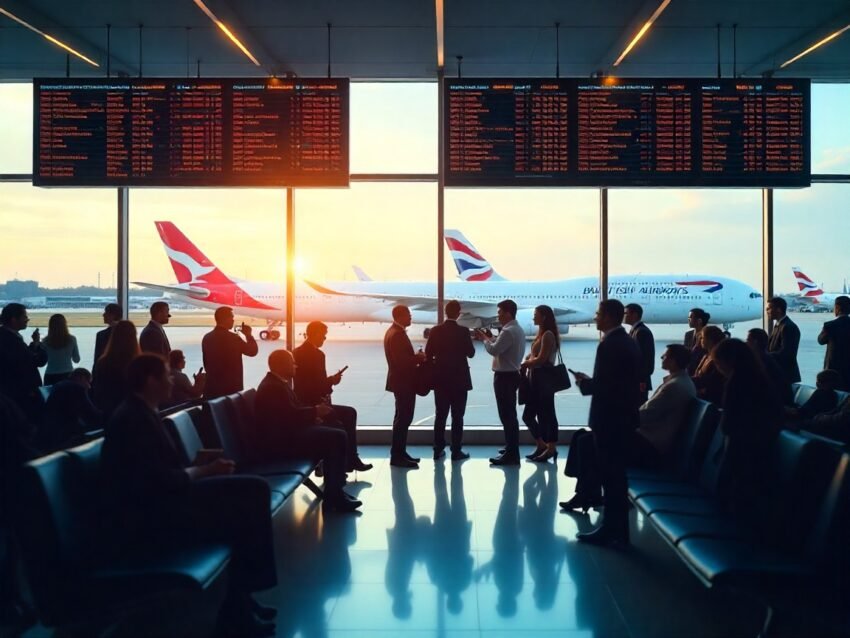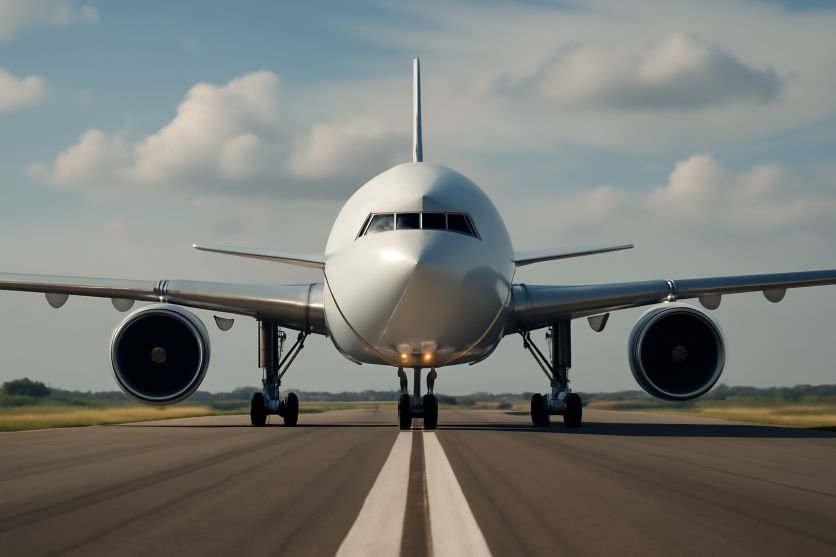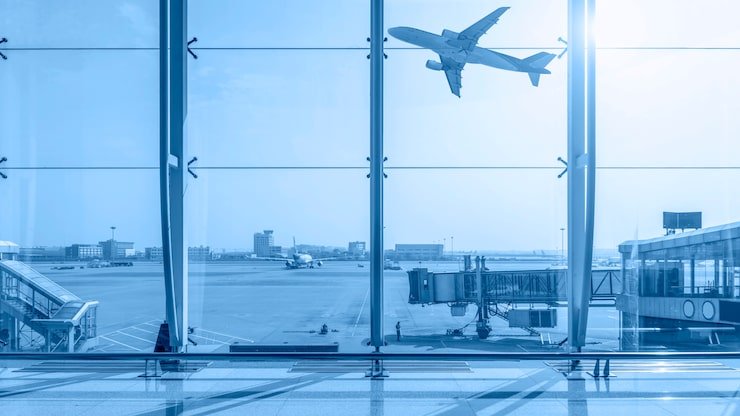Published on
September 22, 2025
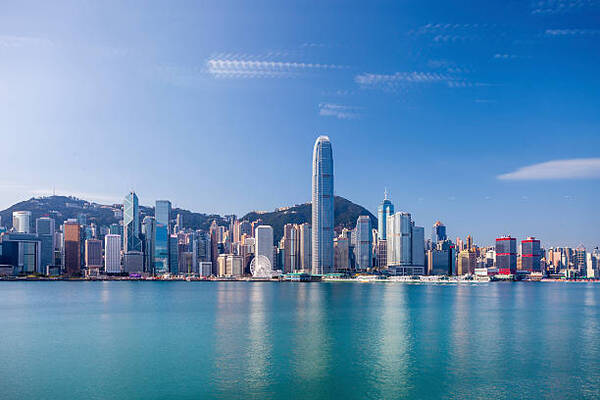
Hong Kong is ramping up its efforts to become a top global destination for high-end tourism, focusing on luxury, personalized experiences for affluent travelers, particularly from the Middle East and Southeast Asia. With a surge in visitors from these regions, the city aims to capitalize on the growing demand for exclusive, Muslim-friendly travel. By enhancing infrastructure, offering services like private yacht berths, and boosting air connectivity, Hong Kong seeks to strengthen its position as a leading luxury travel hub and attract high-spending tourists.
Hong Kong is intensifying its efforts to establish itself as a premier destination for luxury tourism, with a particular focus on offering tailored travel experiences, high-end itineraries, and personalized concierge services aimed at visitors from the Middle East and Southeast Asia. This strategic push is part of the city’s broader vision to bolster its reputation as a top Muslim-friendly and luxury travel hub, with the government pledging continued collaboration across various sectors to attract affluent tourists.
At a recent press conference following the release of the Policy Address, Hong Kong’s tourism leader outlined the government’s commitment to drawing in high-spending travelers. This follows a surge in interest from the Middle Eastern market, with visitor numbers from the region increasing significantly. Between January and August 2025, the number of visitors from the Middle East surged by 40% compared to the previous year, reaching about 54,000 travelers. These visitors were also notably more generous in their spending, with each individual spending an average of HK$10,400 ($1,338), nearly double the average expenditure of other visitors to the city, which stands at HK$5,400.
Southeast Asia has also emerged as a key market for Hong Kong’s tourism, ranking as the city’s second-largest source of international visitors in 2024, trailing only mainland China. The growth has been largely driven by tourists from Muslim-majority countries. According to the Hong Kong Tourism Board (HKTB), the region has seen impressive year-on-year growth, particularly from Malaysia and Indonesia. In 2024, Malaysia’s arrivals increased by 50%, totaling 405,508 visitors. Indonesia saw a similar rise, with a 43% increase, bringing the total to 366,973 visitors. Additionally, visitors from the Gulf Cooperation Council (GCC) countries—comprising Bahrain, Kuwait, Oman, Qatar, Saudi Arabia, and the United Arab Emirates—also contributed to the growth, with a total of 16,498 arrivals.
Hong Kong’s policy framework, as outlined in the latest Policy Address, includes ambitious plans to cater to high-net-worth individuals and superyacht enthusiasts. As part of these plans, the city will develop approximately 600 new yacht berths at prime waterfront locations, alongside more than 500 additional berths as part of the Hong Kong Airport Authority’s Skytopia project, which will feature specialized facilities for superyachts. This development aligns with the city’s broader efforts to position itself as a luxury destination offering exclusive services for wealthy travelers.
In addition to enhancing its waterfront offerings, the Hong Kong government is focusing on strengthening its transport infrastructure to further cater to emerging markets. At a separate press briefing, the Secretary for Transport and Logistics introduced a new civil aviation agreement with Poland, aimed at boosting air connectivity. The government also emphasized its commitment to establishing new flight routes targeting regions with high tourism potential, such as South Asia, the Middle East, and South America. These efforts are expected to enhance Hong Kong’s global accessibility, making it an even more attractive destination for affluent travelers from these regions.
Meanwhile, environmental initiatives were also a focus of the Policy Address. The Secretary for Environment and Ecology outlined plans to implement a delayed municipal waste-charging scheme, which will be discussed at a Legislative Council meeting later in the month. This initiative is part of the city’s broader sustainability goals and efforts to create a more environmentally conscious tourism ecosystem.
Hong Kong is also introducing a new initiative to accommodate pet owners by allowing restaurants to apply for permits to admit dogs into their outdoor seating areas. The first approvals for these permits are expected by mid-2026, marking a progressive step toward catering to the growing number of tourists who travel with their pets.
Together, these initiatives reflect Hong Kong’s commitment to fostering a dynamic and diverse tourism sector. By focusing on high-end experiences, improved transport links, luxury accommodation, and sustainable practices, the city is positioning itself as a forward-thinking destination that appeals to both affluent travelers and eco-conscious visitors.
Hong Kong’s ongoing transformation into a global hub for luxury and Muslim-friendly tourism is expected to further solidify its position as a major player on the world tourism stage. The city’s emphasis on emerging markets, combined with its robust infrastructure improvements and a focus on premium experiences, is likely to continue attracting high-spending visitors from the Middle East and Southeast Asia, ensuring sustained growth for the tourism sector in the coming years.
This strategic vision, supported by targeted investments in infrastructure and tourism services, demonstrates Hong Kong’s determination to diversify its tourism offerings and meet the evolving demands of today’s global travelers. With its unique blend of cultural heritage, modern luxury, and forward-thinking policies, Hong Kong is well on its way to becoming an even more sought-after destination for luxury tourists from around the world.


